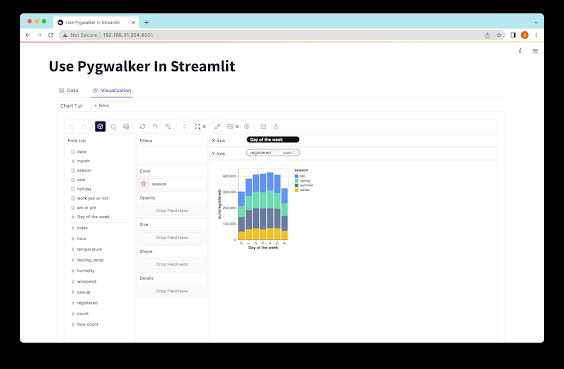Modin: Open-Source Tool for Pandas Dataframes
Data analysis is an essential aspect of modern business operations, and the importance of it cannot be exaggerated. With the exploding volumes of data generated by businesses, it is essential to have tools that can help make data analysis and management less easy and more efficient. This is where the Modin library comes in handy.
Modin is an open-source, parallel library that improves the performance of the Pandas data analysis library by utilizing the full capacity of modern multi-core processors. It is designed to accelerate data preparation and analysis by implementing efficient parallelization technology, which facilitates the processing of huge data volumes in less time.
The Pandas library is the most popular library used by data analysts and data scientists for data preparation, cleaning, and analysis. However, Pandas can face performance challenges when handling massive datasets, particularly on traditional single-threaded computer systems. This is where Modin comes in.
Modin is specially designed to operate with a distributed and parallel processing model that enables it to achieve impressive operational efficiency while handling enormous data volumes. With Modin, data analysts can now perform high-level data manipulations, such as slicing, grouping, joining, aggregating, and filtering, in a distributed fashion to achieve incredible operational efficiency and faster processing speeds.
The Modin library's approach offers various improvements to the Pandas library, including faster data loading, more efficient data querying, and improved data processing. This article will delve deeper into what makes Modin a revolutionary tool for data analysts and data scientists.
What makes Modin an innovative tool?
Modin provides an efficient implementation of the Pandas API with fast implementation speeds that are easily scalable and synchronized for use with big datasets. This section will highlight the features that distinguish Modin from the traditional Pandas library.
Efficient parallelization infrastructure
An essential feature of the Modin library is its parallelization infrastructure, which allows it to efficiently scale to handle enormous datasets. Modin leverages the Dask and Ray compute engines, which are open-source parallel computing libraries. Dask and Ray are designed to provide efficient and scalable distributed computing on a large cluster of machines, thus ensuring that Modin can handle big data.
Modin's parallelization infrastructure also includes smart API implementation, which makes it very easy to switch from Pandas to Modin seamlessly. Modin comes with a similar user interface that developers are familiar with when using Pandas API.
Modin's architecture is built with efficiency in mind. It does not suffer from the Global Interpreter Lock (GIL) that impacts Pandas performance when running the single-threaded Python interpreter. Instead, Modin utilizes many threads and cores, which make it a lot faster than Pandas.
Efficient data loading and querying
Modin is equipped with efficient data loading and querying capabilities, which help to speed up the data processing time. Perhaps its most significant advantage over Pandas is in its use of faster and more efficient file formats, such as Apache Parquet, and a more intricate loading function. This allows Modin to bypass the limitations of Pandas when loading data from files directly.
More efficient data processing
Modin is specifically designed to handle massive data volumes, making it an ideal tool for big data optimization. This makes data analysis, especially at the pre-processing level, a lot faster and more efficient than traditional data processing tools.
Modin's CPU utilization levels are so high that it is capable of processing terabytes of data in record time, and it can provide quick and efficient results for data that would have previously taken Pandas much longer to process.
In conclusion, Modin is a powerful and innovative tool for data analysts, data scientists, and data engineers. The library's unrivaled performance, efficient parallelization infrastructure, and seamless integration with the Pandas API make it an indispensable tool for processing and managing big data. By utilizing Modin, organizations can save time and resources on data analysis, allowing them to focus on extracting insights and making more informed decisions from their data.
If you're looking to learn more about Modin and how it can accelerate your data analysis processes, please check out this tutorial provided by the team over at Kanaries.net.

Comments
Post a Comment